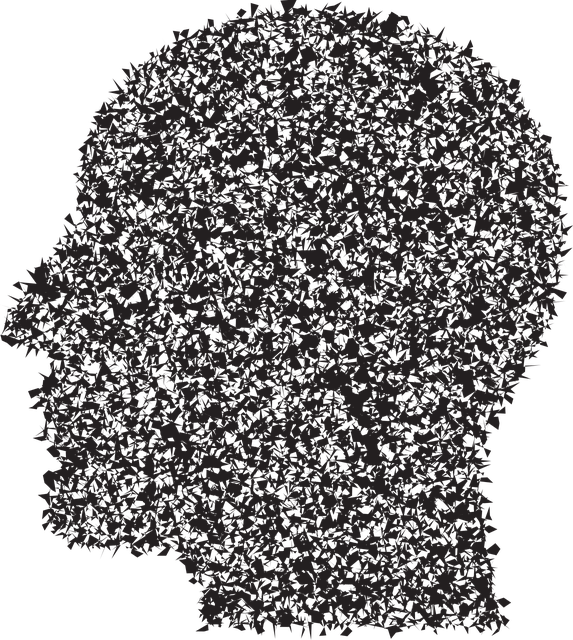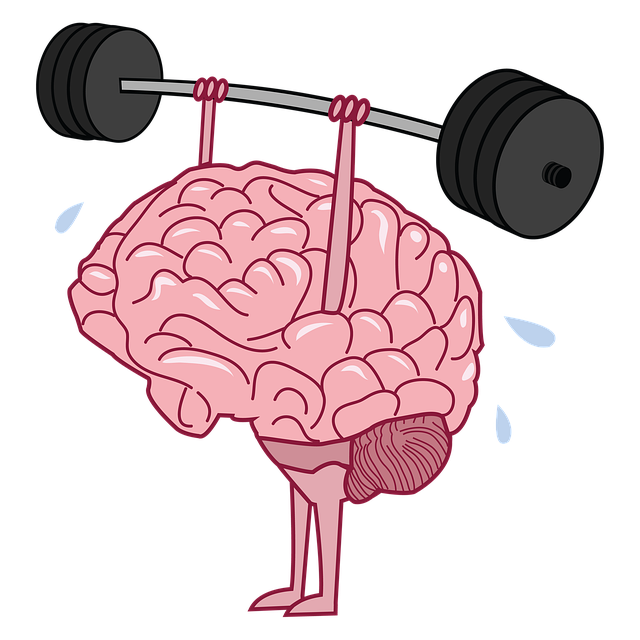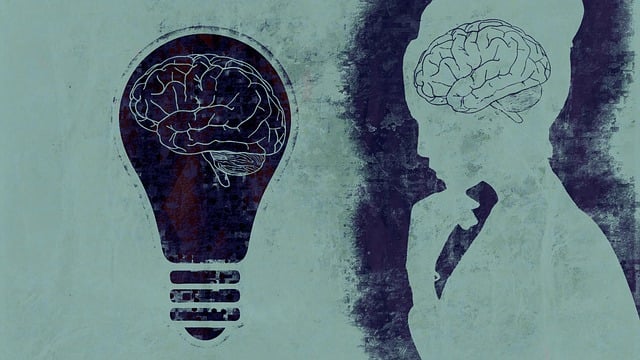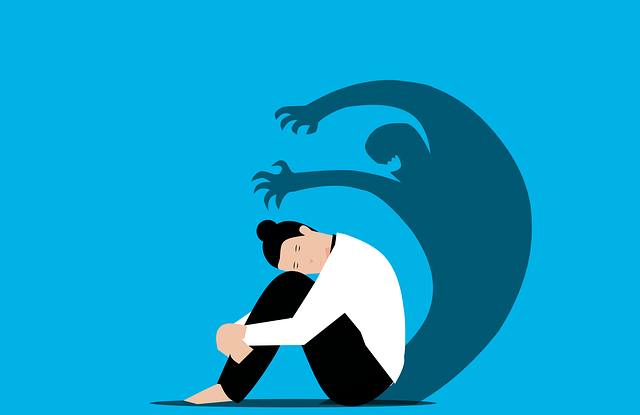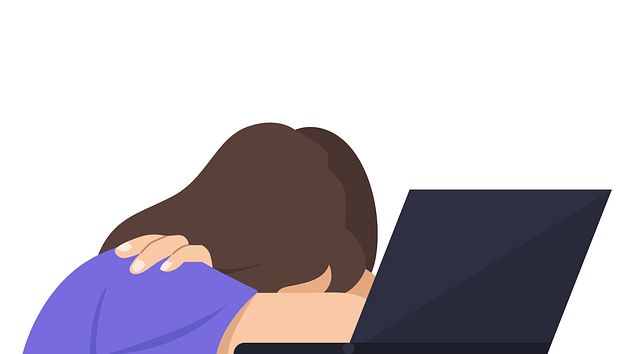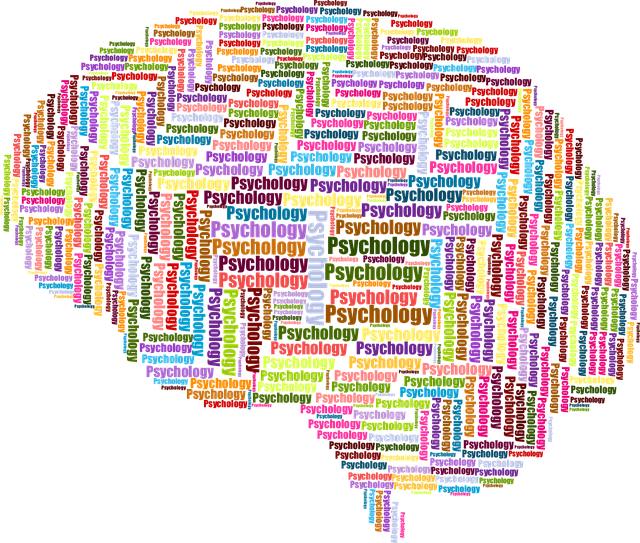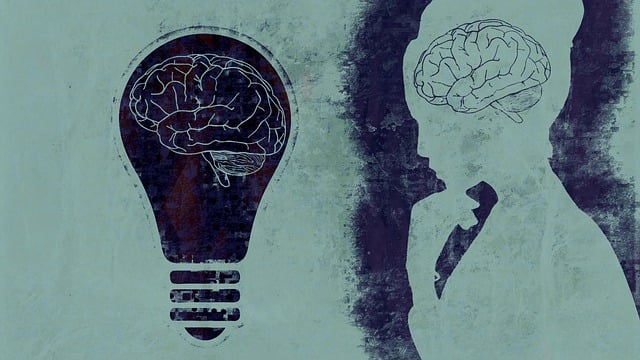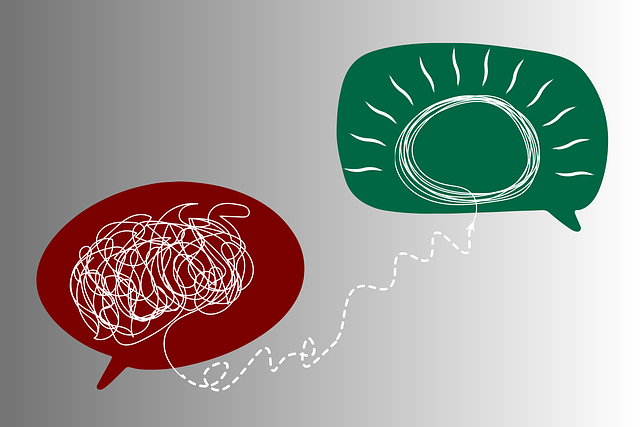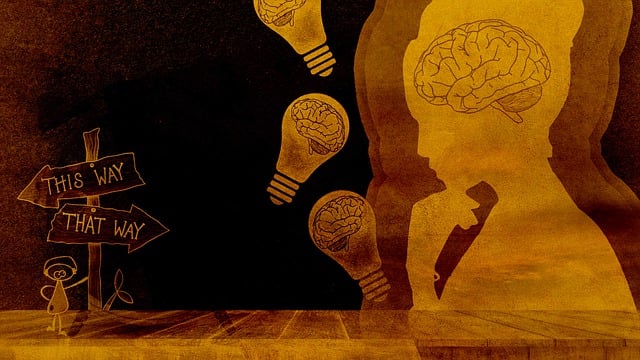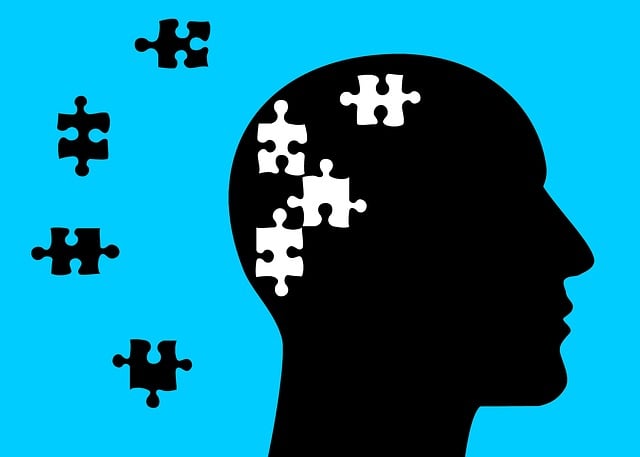Mental health apps are revolutionizing treatment for conditions like Superior Oppositional Defiance Disorder (SDOD), offering accessible, engaging coping strategies and personalized feedback. Key features include structured cognitive-behavioral therapy modules, interactive exercises, mindfulness techniques, and real-time progress tracking. User-centric design, cultural sensitivity, effective marketing, and robust risk management ensure these apps cater to diverse needs, fostering positive mental wellness outcomes for tech-savvy youth with SDOD.
In today’s digital age, mental wellness apps offer a promising avenue for addressing various conditions, including Oppositional Defiant Disorder (ODD). With a market demand for effective ODD therapy solutions, app developers have a unique opportunity to make a significant impact. This article explores the development of specialized ODD therapy apps, highlighting key features and considerations. We delve into understanding ODD, the role of technology in treatment, and marketing strategies to ensure accessibility and success in the mental health app space, ultimately aiming for superior ODD therapy outcomes.
- Understanding Mental Health Challenges: A Spotlight on Oppositional Defiant Disorder (ODD)
- The Role of Technology: Why a Specialized ODD Therapy App is Necessary
- Key Features for Effective ODD Treatment Apps
- Development Considerations: Creating a User-Centric Experience
- Marketing and Accessibility Strategies for Success in the Mental Health App Space
Understanding Mental Health Challenges: A Spotlight on Oppositional Defiant Disorder (ODD)

Mental health challenges encompass a wide range of issues, each demanding tailored approaches for effective therapy. One such disorder, often overlooked yet prevalent, is Oppositional Defiant Disorder (ODD). Characterized by persistent anger, argumentativeness, and defiant behaviour, ODD significantly impacts individuals’ daily lives, affecting their relationships and overall mental wellness. Recognizing the intricacies of this disorder is paramount in developing superior Oppositional Defiance Disorder therapy.
Apps focused on mental wellness can play a pivotal role in managing ODD symptoms by offering interactive tools for self-care routine development. By integrating features that encourage mindfulness, cognitive reframing, and positive reinforcement, these apps can foster healthier coping mechanisms. Moreover, integrating risk management planning for mental health professionals ensures a comprehensive approach to patient care, addressing both the disorder’s root causes and potential triggers.
The Role of Technology: Why a Specialized ODD Therapy App is Necessary

In today’s digital era, technology plays a pivotal role in enhancing various aspects of our lives, including mental wellness. While numerous apps focus on general stress management and anxiety relief, there is a growing need for specialized tools tailored to address specific conditions. Superior Oppositional Defiance Disorder (ODD) is one such condition that requires unique therapeutic approaches. A dedicated ODD therapy app can offer personalized treatments, making professional help more accessible and engaging, especially for younger users who are often tech-savvy.
By leveraging interactive features, these apps can provide a dynamic environment for managing ODD symptoms. They can incorporate educational content, gamified exercises, and skill-building activities to teach users coping strategies and improve their overall mental wellness. Moreover, integrating feedback mechanisms allows therapists and caregivers to monitor progress, ensuring the effectiveness of the treatment. This digital approach not only complements traditional therapy but also caters to individuals who prefer a more accessible, on-demand solution for stress management workshops and anxiety relief.
Key Features for Effective ODD Treatment Apps

In developing apps aimed at Superior Oppositional Defiance Disorder (ODD) therapy, several key features stand out as essential for effective treatment. These include structured cognitive-behavioral therapy modules that teach coping strategies and emotional regulation skills. By incorporating interactive exercises and games, these apps can engage users in a fun yet therapeutic manner, making them more likely to stick with their treatment plans. Personalized feedback mechanisms also play a crucial role, providing users with real-time insights into their progress and reinforcing positive behaviors.
Additionally, integrating burnout prevention strategies for healthcare providers is vital to ensure the app’s sustainability and quality care. Features like mindfulness meditation practices and anxiety relief techniques can help both users and caregivers manage stress and maintain a healthy balance. These elements contribute to creating a holistic ODD treatment experience that addresses not just symptoms but also promotes overall mental wellness.
Development Considerations: Creating a User-Centric Experience

In the realm of mental wellness app development, creating a user-centric experience is paramount. When designing software for conditions like Superior Oppositional Defiance Disorder (SODD) therapy, it’s crucial to understand and incorporate user needs and preferences. This involves intuitive navigation, accessible language, and tailored content that resonates with individuals seeking stress management and emotional well-being promotion techniques. A successful app should adapt to diverse user profiles, including cultural considerations, ensuring sensitivity towards various backgrounds in mental healthcare practice. By focusing on these aspects, developers can create a supportive digital environment that encourages engagement and positive outcomes for all users.
Marketing and Accessibility Strategies for Success in the Mental Health App Space

Marketing and accessibility are key strategies to ensure a mental wellness app’s success in a competitive market. With numerous apps targeting similar issues, standing out is essential. A well-defined target audience is crucial; understanding specific disorders like Superior Oppositional Defiance Disorder (SDOD) allows for tailored marketing campaigns. Engaging with parents, educators, and mental health professionals through educational content and Crisis Intervention Guidance can attract users seeking effective therapy solutions.
Community outreach program implementation is a powerful tool to increase accessibility. By partnering with schools, community centers, and support groups, the app gains visibility and trust. Effective risk management planning for mental health professionals ensures user safety, fostering a positive reputation. Utilising social media platforms, influencer collaborations, and targeted ads can expand reach while adhering to ethical guidelines.
Mental wellness app development, particularly for conditions like Oppositional Defiant Disorder (ODD), presents a promising avenue for personalized and accessible treatment. By integrating technology with therapeutic practices, we can offer users a superior ODD therapy experience. Through careful consideration of features, user-centric design, and effective marketing strategies, mental health apps have the potential to revolutionize care, making professional support more attainable and less intimidating. Embracing these innovations ensures that individuals struggling with ODD receive the tailored assistance they deserve.

